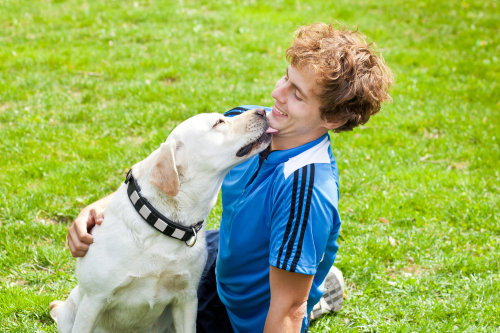1. Cross-country dog
8 Types Of Dog Behavior Explained The Border Collie offers all of these and so much more to people looking for an ambitious, vivacious, entertaining, obedient, and devoted furry buddy. The Border Collie has a constant desire to please people and thrives on praise. Although Border Collies are among the easiest dogs to train, you should be aware that they are better suited to experienced dog owners. This is due to the fact that you must comprehend the temperament of this breed and know how to appropriately treat canines. Border Collies might not be receiving the necessary “training style” to perform at their best without correct handling. 8 Types Of Dog Behavior Explained
1. Cross-country dog
The Border Collie offers all of these and so much more to people looking for an ambitious, vivacious, entertaining, obedient, and devoted furry buddy. The Border Collie has a constant desire to please people and thrives on praise. Although Border Collies are among the easiest dogs to train, you should be aware that they are better suited to experienced dog owners. This is due to the fact that you must comprehend the temperament of this breed and know how to appropriately treat canines. Border Collies might not be receiving the necessary “training style” to perform at their best without correct handling.
Putting their head down
It’s unusual to see your dog leaning against a wall or other solid objects. However, if you observe your dog acting in this manner, you must remain vigilant. Such conduct may indicate a number of significant health conditions, including brain illness and toxic poisoning. Visit the vet as soon as you notice your dog pressing its head against a hard surface to determine the cause and the best course of action. 8 Types Of Dog Behavior Explained
Following Their Trail
Dogs’ tail-chasing can be interpreted as fun behavior. However, if your pets are unable to recover from it or begin to gnaw their tails once they catch them, this could indicate a serious health issue. A dog’s continued circle-running may be a sign of an ear infection. OCD can also manifest in some canine individuals. Take your dog to the vet for a checkup when you notice that it’s no longer just a fun for them to run in circles.
